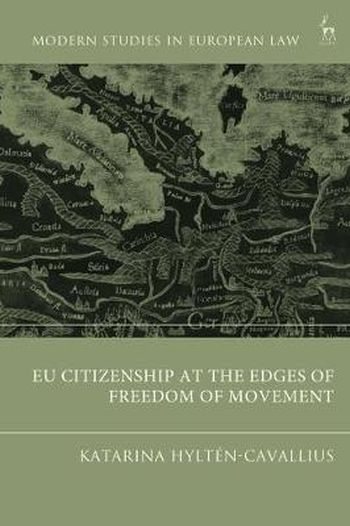
This book critically analyses the case law on EU citizenship in relation to its personal free movement rights, its status on the primary law level, and EU fundamental rights protection. The book exposes the legal space where EU citizenship variably loses or gains legal relevance, and questions how this space can be overcome. Through a thorough analysis of the core personal free movement rights of residence, family reunification, equal treatment and equal political participation, the book demonstrates how the development of the case law of the Court of Justice of the European Union has generated a two-tiered legal concept of EU citizenship. Depending on the nature of the legal claim at hand, EU citizenship may appear as a poor legal personhood for exercising free movement rights; sometimes pushing the individual who is in a factual cross-border situation out of the scope of Union law. Contrastingly, in other strands of the jurisprudence, we see EU citizenship and its primary law levelled-rights stretch the jurisdictional scope of Union law, triggering the EU's Charter of Fundamental Rights for review of the individual case.
The book enhances the understanding of the legal concept of EU citizenship in Union law and contributes to the debate on the future development of EU citizenship, its relationship to the Charter, and the strength of its legal position for the person who exercises freedom of movement.